Choosing a legal domicile state (where you receive your mail and vote) makes a big difference for full time RVers. It affects taxes, access to health insurance, vehicle registration, and even how you register to vote. The rules and perks aren’t the same everywhere.
If you’re traveling full time, you get to pick a state for these things without being physically tied to it year-round. So, I’m breaking down the top five states for full time RVers to set up their legal domicile while sharing some tips and firsthand experiences that can help smooth out the process.
How Domicile Works for Full Time RVers
Legal domicile is your permanent home base on paper, not where you happen to be parked today. Every RVer needs a “home state” for things like taxes, insurance, and a driver’s license. Domicile decides your legal address, which in turn shapes what rules you’ll follow for state taxes, jury duty, and even health insurance coverage under the Affordable Care Act.
You only get one true domicile state, so the choice sticks with you for things like banking, estate planning, and sometimes even where your kids go to virtual school. RVers often pick their domicile state based on which one has the friendliest laws and lowest overall costs, not just convenience.
Switching domicile isn’t as simple as picking a new address. You usually need to register your vehicles, get a state driver’s license, and sometimes even spend a night in the state to “prove intent.” Some states require you to use a physical mail-forwarding service to claim an address.
If you want a smart shortcut, many RVers use reputable mail-forwarding companies designed specifically for travelers who lack a fixed home base. That’s what I did my first year on the road, and it made things way easier. I chose Passport America’s mail forwarding service.
The Top 5 States for Full Time RVers
Not all states make things easy or affordable for folks on the move. So, these five states are the top picks for full time RVers looking to settle their legal business with minimal hassle. These states have proven popular, with systems and laws tailored to the needs of travelers and snowbirds alike.
- Florida
- Texas
- South Dakota
- Wyoming
- Nevada
Each of these states has friendly tax rules, no state income tax, and good systems set up for RVers who need to manage all their paperwork remotely. The mail-forwarding services in these states really simplify things when you’re switching your driver’s license or renewing your plates by mail. For many RVers, the peace of mind of having a reliable support system is what sets these states apart from the rest.
Breaking Down the Top 5 Domicile States
Florida
Florida is a favorite for RVers, thanks to no state income tax and simple vehicle registration. You can pick up affordable health insurance under the ACA Marketplace. Mail services like Escapees and St. Brendan’s Isle let you easily set up a legal address that works for voting, banking, and all those government forms. To establish residency, you’ll usually just spend a night, switch your license, and register your vehicle.
These services offer real support, too, not just a mailbox. I found the DMV in Florida surprisingly quick when I set up my domicile, and I loved the discounts for state residents at some campgrounds and events. You also get competitive insurance for your RV and vehicles, which can be a game changer, especially if you plan to travel year-round.
Texas
Texas makes things easy for traveling families, giving you no state income tax and affordable vehicle registration. The Escapees RV Club even has a home base in Livingston, and their mail service walks you through everything.
You just need to get your vehicle inspected once before registering, then renew by mail when you’re out of state. Homeschooling laws are pretty relaxed, so Texas is ideal for RVing families. ACA Marketplace insurance isn’t always the cheapest, so that’s worth checking before you decide.
One thing to know, Texas property and sales taxes can be higher than those in Florida or South Dakota. But the friendly DMV staff and the Escapees network in Livingston make the paperwork smoother than most places. Plus, there are a huge number of campgrounds that welcome Texas domiciled RVers with special perks and access to in-state services.
South Dakota
South Dakota might be small, but it’s one of the simplest places to settle your legal residence. Vehicle registration fees are low, and there’s no vehicle inspection required. You only have to spend one night in the state, keep your campground receipt, and it counts for establishing domicile.
The state is pretty hands-off with mail services like DakotaPost and America’s Mailbox guiding you the whole way. You’ll enjoy no state income tax, some of the fastest DMV services, and lots of friendly staff used to serving RVers.
The weather is colder and windier than Florida or Texas, so some snowbirds end up in SD on paper but spend winters further south. Health insurance can also be tricky for families, especially those under 65, due to limited ACA options. Still, for solo travelers or retirees, South Dakota is a top contender, making remote paperwork and tax filings much easier than in many other places.
Wyoming
Wyoming isn’t as popular as Florida or South Dakota, but it can be a hidden gem for the right RVer. You’ll get no state income tax, low sales tax, and reliable mail forwarding services.
Vehicle registration in Wyoming is straightforward, and there are no yearly inspections. Homeschooling is legal, and you’ll benefit from low property taxes if you decide to buy land for a home base later.
Wyoming’s biggest catch is the lack of major mail-forwarding companies, but some local services fill the gap if you’re set on this state. ACA insurance choices are slim, so it’s a better fit for RVers who don’t need those plans, like retirees with Medicare or people who already have private coverage.
Also, Wyoming boasts a relaxed attitude about paperwork—once your address is sorted, you can hit the road with almost no red tape left to deal with.
Nevada
Nevada stands out for no personal income tax and reasonable vehicle registration costs. The state’s remote DMV options are pretty RV-friendly, and Las Vegas mail-forwarding spots help you get set up quickly. State residency requirements are not too strict, as you don’t have to stay long in person.
Health insurance options are solid in metro areas, though they get scarcer away from city centers. If you go to Nevada, you’ll want to look closely at insurance network maps and check out Clark County for good service and resources.
Nevada does have a higher sales tax in some places, but a lot of RVers are happy to trade that for flexibility and fewer hoops to jump through. Nevada is especially appealing for those seeking a business-friendly state or who want to register their RV in a place with quick, efficient service and minimal in-person requirements.
Key Considerations Before You Choose
There’s no magic answer to which state is best. It’s all about what matters most to you, and that could change depending on your stage of life, family situation, or travel plans. Here’s a checklist that’s made a big difference for me and other RVers:
- Taxes: Check out state income, sales, vehicle, and property taxes.
- Vehicle Registration: Renewal processes, fees, and inspection requirements. Some states handle this way better than others.
- Health Insurance: See what’s available for the ACA marketplace, especially for families or those under 65. Medicare folks will have more options almost everywhere.
- Mail Forwarding: Look for a steady, reliable service that helps with voting, registration, and regular mail.
- Other Factors: Homeschool rules, estate and inheritance considerations, voting access, and even camping discounts for state residents.
Trusting a mail-forwarding service with a strong reputation makes the switch more straightforward. Customer reviews and direct support matter a lot when you’re tackling government paperwork from a thousand miles away. If possible, ask other full-time employees about their experience with a specific mail-forwarding company before signing up.
Common Pitfalls to Avoid
Some mistakes can make a new RV lifestyle way more stressful than it needs to be. I learned the hard way that skipping resident requirements or missing DMV deadlines can land you fees or even a suspended license.
It’s really important to follow a state’s checklist step by step and hang onto your receipts, especially campground stays if needed for proof.
Forgetting tax impacts also stings at the end of the year, especially if your home state taxes pensions or retirement income. If you count on mail for anything important, double check that your forwarder isn’t just a PO box. It needs to be a real street address for things like vehicle titles, voter registration, and even Amazon deliveries.
Switching your banking, credit cards, and insurance to your new address can take a while, so set aside time and take it slow. Trying to knock everything out in one week ended up costing me hours on hold, so planning ahead really pays off here.
Online checklists or mail service advice can help you stay organized. And don’t forget about things like professional licenses or memberships, which sometimes require extra notifications or address updates during the switch.
Advanced Tips and Tricks for a Smooth Transition
When you’re ready to change states for domicile, a little planning makes all the difference. Combining these tips can keep paperwork and headaches to a minimum:
- Use a mail-forwarding company with legal residence tools and voter registration help.
- Schedule a DMV or county clerk appointment ahead of time to avoid long waits.
- Scan and back up every important document to cloud storage, so you can access it on the road.
- Check what your banks and insurance require for address changes, and give yourself a buffer for mail delays.
- Join Facebook groups or forums for other RVers in your new domicile state. Real-world advice helps if you get stuck.
Working with experienced staff in services like Passport America, Escapees or Good Sam Mail helps a ton. Many of them have checklists and will talk you through every step if you hit a snag. These resources are worth the small annual fee for their peace of mind.
Also, consider keeping a digital file or binder of your domicile paperwork, as having instant access while on the road can save hours in emergency situations.
Frequently Asked Questions
Here are some questions I hear most from new full time RVers about domicile:
Question: Do I need to own land or property in my domicile state?
Answer: No, full time RVers rarely own property in their domicile state. A mail-forwarding address through a qualifying company works for most things, including DMV paperwork, voting, and taxes.
Question: Can I register my vehicles remotely, or do I have to show up in person?
Answer: Each state is a little different. Florida and South Dakota both let you do a lot remotely, sometimes with just one in-person DMV trip to start. Texas requires a vehicle inspection in the state, so you’ll need to plan a quick stop. Some states even allow you to renew entirely by mail after your first visit, making it easy to keep rolling without returning.
Question: What about jury duty? Will I get called if I’m never there?
Answer: Yes, but mail forwarding services can let you know if you get a summons. Most states let RVers explain their travel schedules or postpone duty if they’re out of state.
Question: Is it hard to switch my health insurance to a new state?
Answer: It can be, depending on your age and who you cover. Medicare is handled federally, so it’s simpler. Under 65, you’ll need to shop on the ACA Marketplace for your new state and double check coverage networks. Always check with your doctor’s office and insurance provider before you make the switch, so you know you’ll be covered wherever you roam.
Question: Can I use my new domicile address for everything, like banking and taxes?
Answer: Yes, as long as it’s a real address from a registered mail-forwarding company, it usually works fine for almost any legal, banking, or tax paperwork.
__________________________
My experience with switching domicile has been mostly smooth, thanks to supportive mail-forwarding staff and smart planning. If you’re thinking about making the leap to the RV life, pick your state carefully, ask lots of questions, and use the resources out there. It makes a difference for your wallet and your peace of mind week after week.
Have a question or want to swap stories with other RVers? Leave a comment below or check out resources like the Escapees RV Club or America’s Mailbox. I hope your travels are safe, fun, and as hassle-free as they can be!
To learn more about us, click here.

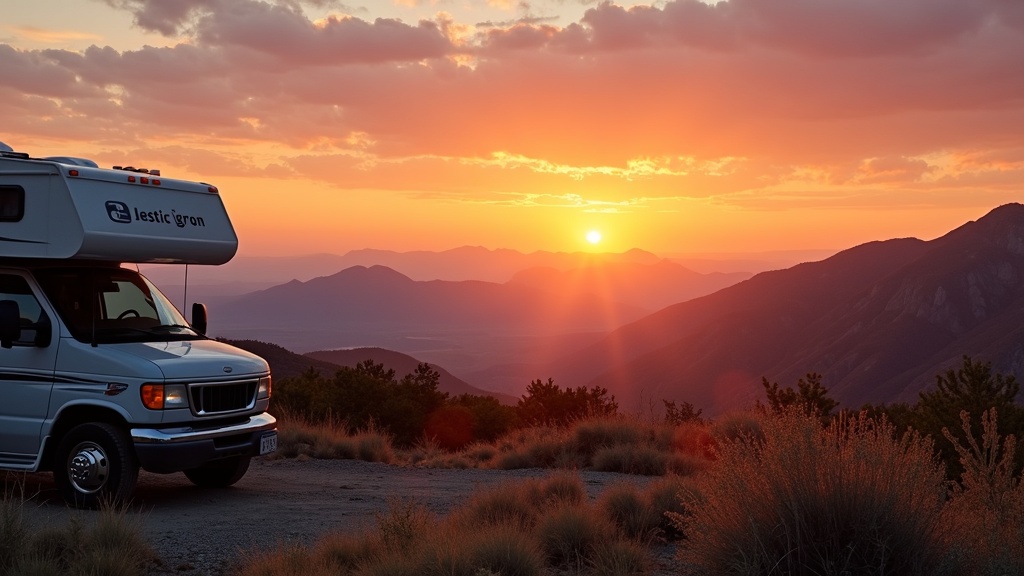
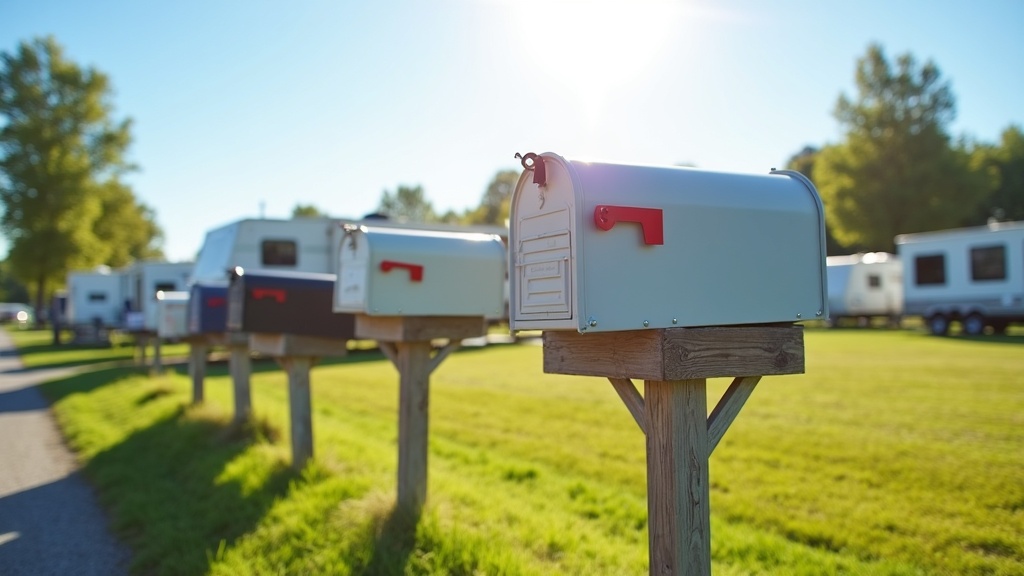
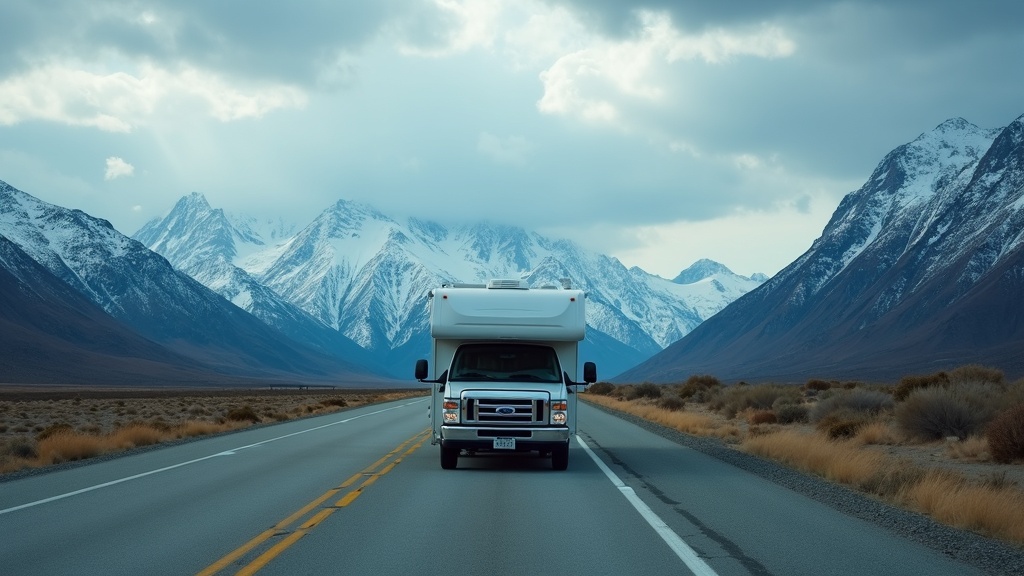
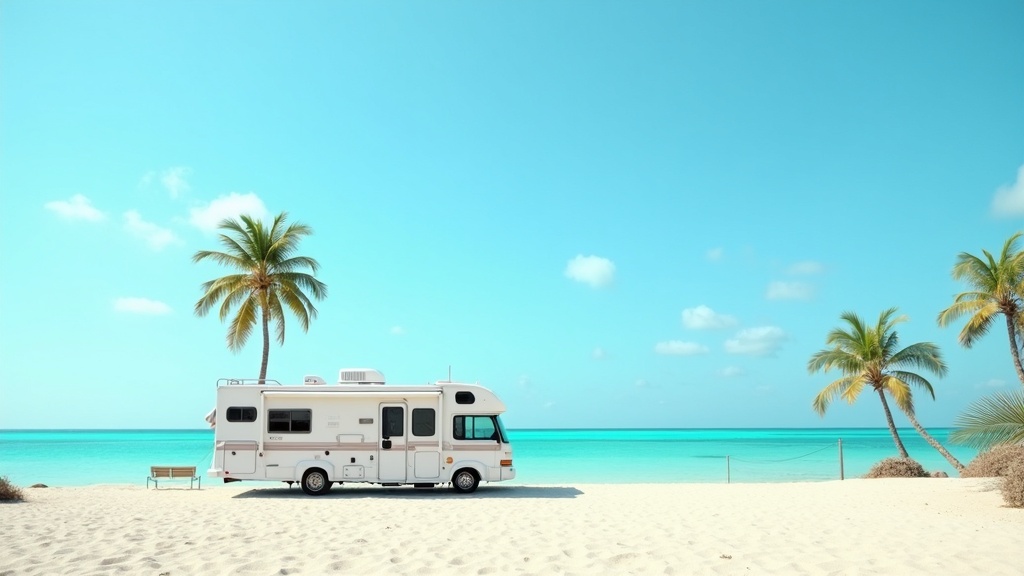
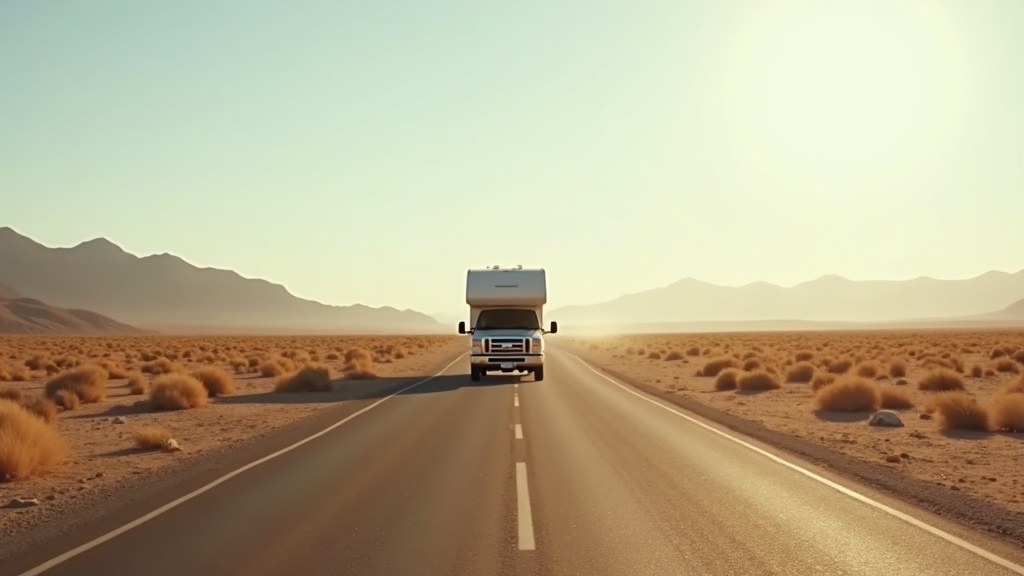
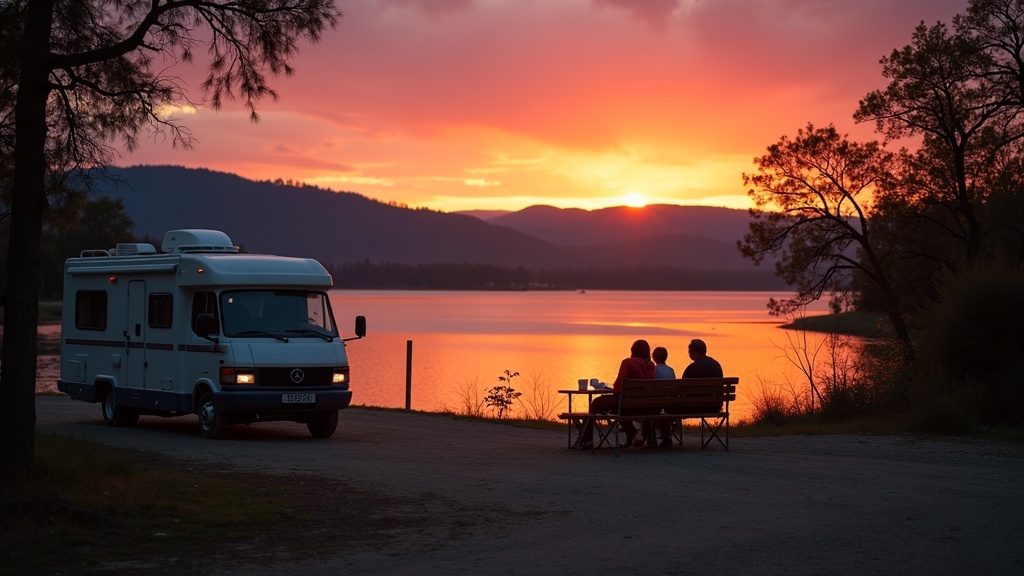

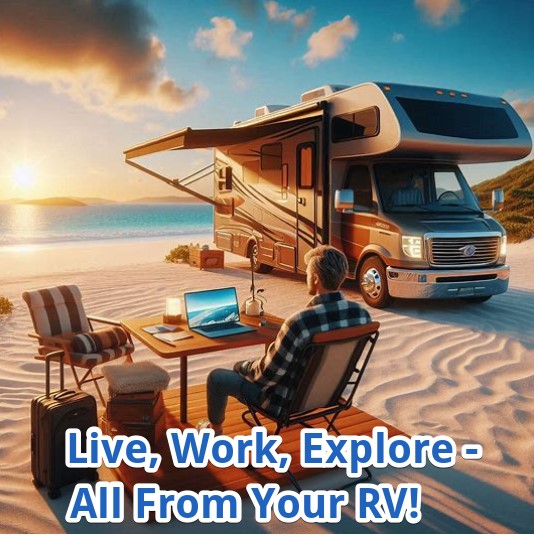
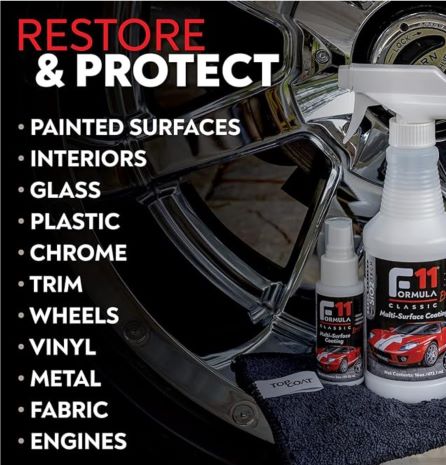
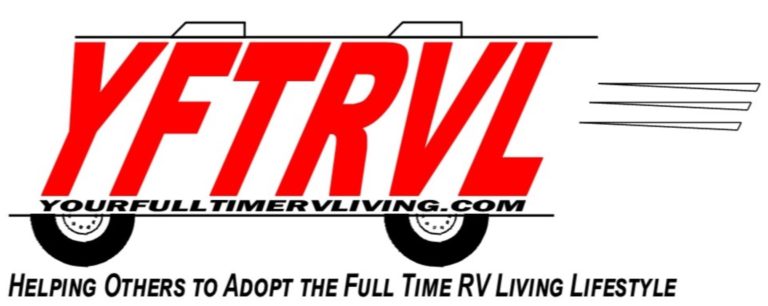



Recent Comments